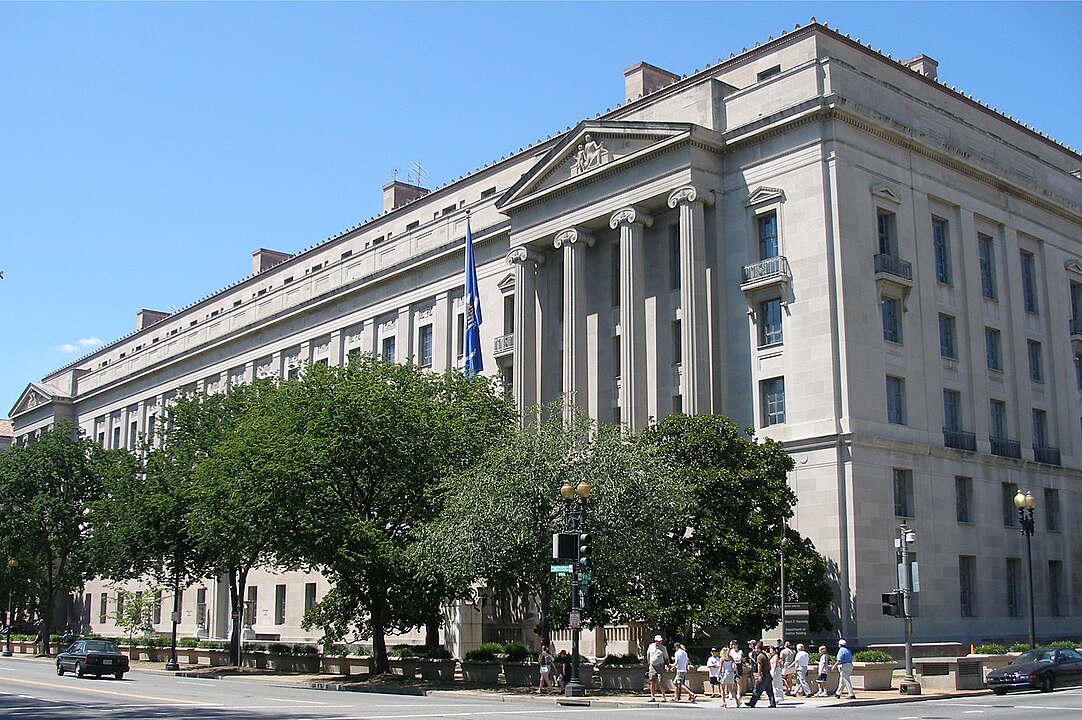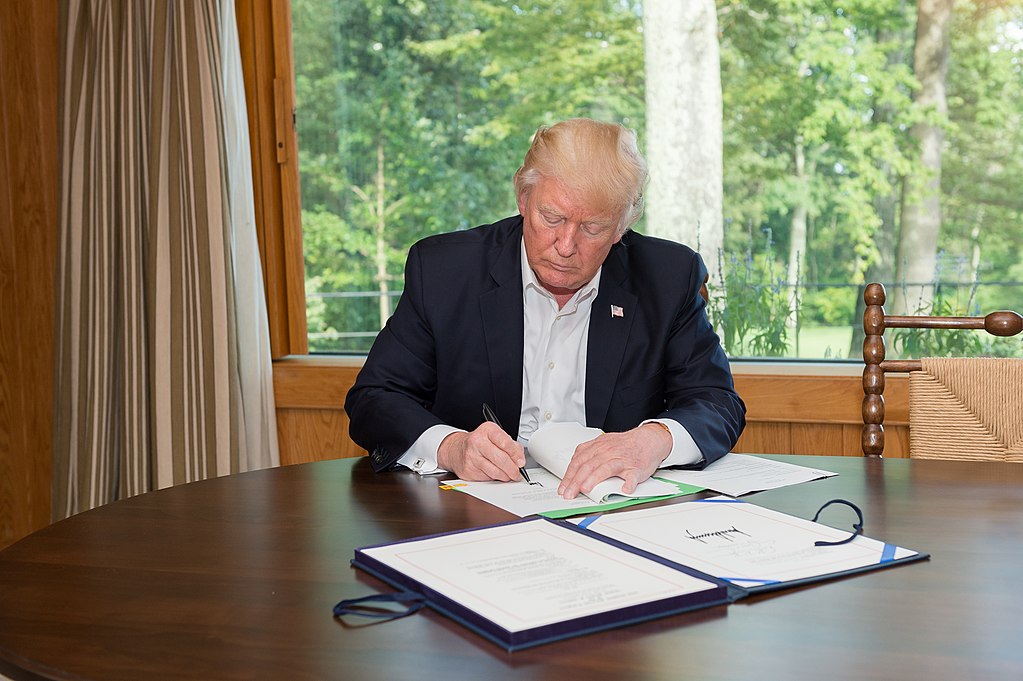South Korea is planning to crack down on tax evasion by crypto investors and high-income individuals in the country via tweaking its tax codes. The move is part of the government’s drive to bolster revenue collection to help it cover increasing costs of welfare.
Legislators are proposing to revise its tax codes to give tax authorities to capability to seize the crypto assets of tax evaders, according to Reuters. With the revisions, authorities will be able to access even those cryptocurrencies directly stored in their digital wallets starting next year.
At the moment, South Korean tax authorities can only access those crypto assets maintained with crypto exchanges and seize them to pay for overdue taxes. Revisions to existing tax codes are necessary to expand their powers and also allow them access to digital currencies store in personal wallets.
Targeting tax dodgers who own cryptos is also part of the country’s strategy to increase oversight on the crypto market to help its crackdown on money laundering and other crimes involving cryptocurrency. The revisions are also meant to expand its tax base and help the government collect more funds for welfare.
The South Korean government has imposed higher taxes on wealthy citizens and conglomerates, which is aimed at helping it fund the increasing costs of an aging population. In 2020, South Korea has the lowest birth rate with the fastest-aging society.
Despite the revisions to the tax codes, the government expects tax revenues to decline by at least 1.5 trillion won ($1.30 billion) until 2026. This is due to tax breaks granted by the government to speed up research and development on vaccines, semiconductors, and batteries.
There are also proposed tax breaks to encourage companies to hire labor outside Seoul. The government likewise offered to lower corporate income tax for firms that plan on reshoring their production, which would further result in the decline in tax revenue collection.
“Although that 1.5 trillion can’t be described as tax neutral, it isn’t that big of an amount and something necessary as we revised tax codes,” finance minister Hong Nam-ki said.
























Comment 2